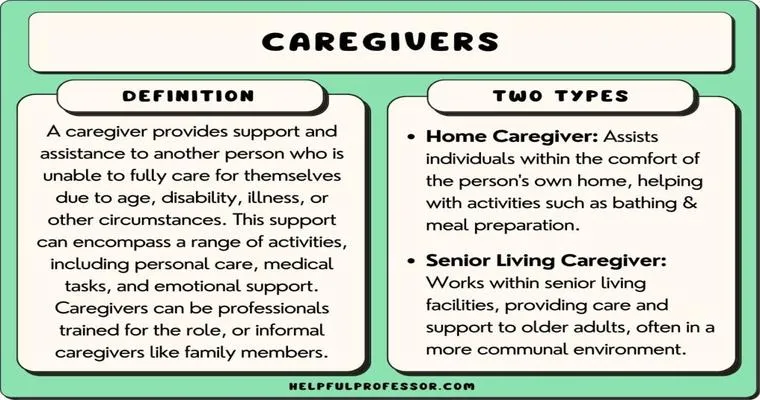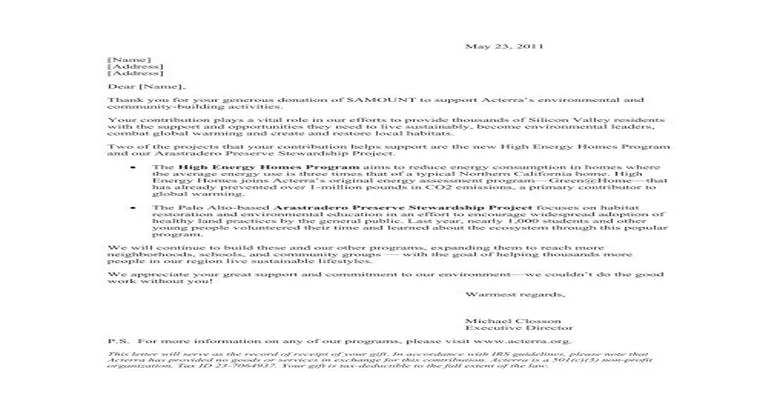Deciding whether to "quit your job" to "care for your elderly parent" is a deeply personal and often challenging choice. As our parents age, many of us face the dilemma of balancing our professional responsibilities with the need to provide support and care. This article explores the considerations involved in making this significant decision, including emotional, financial, and practical aspects.
Understanding the Emotional Impact
Caring for an elderly parent can be both rewarding and emotionally taxing. Many people feel a strong sense of duty to provide care, stemming from a desire to give back to those who raised them. However, it is essential to acknowledge the emotional toll that caregiving can take. Feelings of guilt, stress, and burnout are common among caregivers. Before deciding to quit your job, reflect on your emotional readiness for this responsibility and consider if you have a support system in place.
Financial Considerations
One of the most critical factors to weigh when contemplating whether to quit your job is the "financial impact" of your decision. Quitting your job can significantly reduce your income, which may affect your ability to pay bills, save for retirement, or contribute to your family’s financial well-being. Evaluate your current financial situation and determine if you have the resources to support yourself and your parent without a steady income.
Additionally, consider whether your employer offers flexible work arrangements, such as remote work or adjusted hours, that would allow you to balance your job and caregiving responsibilities without leaving your position entirely.

Exploring Alternative Care Options
Before making the decision to leave your job, explore alternative care options for your elderly parent. These may include:
1. In-Home Care Services: Hiring a professional caregiver can provide your parent with the assistance they need while allowing you to maintain your job.
2. Adult Day Care: These facilities offer supervised care during the day, providing social interaction and activities for your parent while you are at work.
3. Assisted Living Facilities: If your parent requires more extensive care, an assisted living community may be a suitable option.
By researching these alternatives, you may find a solution that allows you to care for your parent while continuing your professional career.
Assessing Your Parent's Needs
Understanding your elderly parent's specific needs is crucial in making this decision. Assess their level of independence, medical requirements, and daily living activities. If they require constant supervision or assistance with personal care, it may be more justifiable to quit your job. However, if they are relatively independent, exploring other caregiving options might be more feasible.

The Impact on Your Career
Quitting your job to care for your elderly parent can have long-term effects on your career trajectory. Consider how this decision may impact your professional goals and future job opportunities. If you decide to take a leave of absence or part-time work arrangement, you may find it easier to return to your career later on.
Conclusion
Ultimately, the decision to "quit your job to care for your elderly parent" is a personal one that requires careful consideration of various factors. It is essential to weigh the emotional, financial, and practical aspects before making a choice. Remember that there are alternative caregiving options available that may allow you to fulfill your responsibilities without sacrificing your career. Take the time to assess your situation, seek advice, and choose the path that is best for you and your family.





